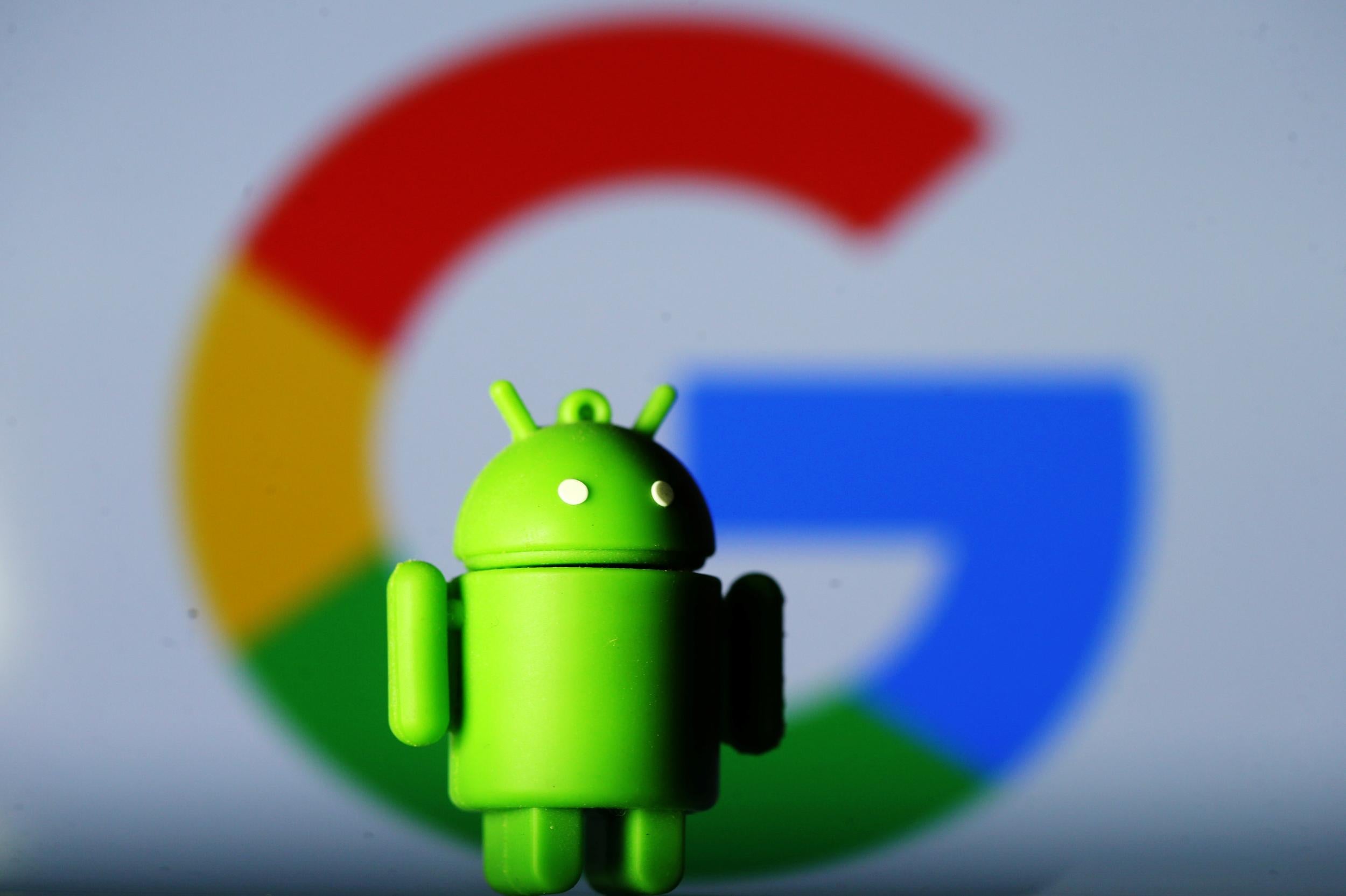Almost all Android apps send personal data to other companies like Facebook, Google and Amazon, study reveals
Apps targeted at children are among the worst in terms of third party trackers

Your support helps us to tell the story
From reproductive rights to climate change to Big Tech, The Independent is on the ground when the story is developing. Whether it's investigating the financials of Elon Musk's pro-Trump PAC or producing our latest documentary, 'The A Word', which shines a light on the American women fighting for reproductive rights, we know how important it is to parse out the facts from the messaging.
At such a critical moment in US history, we need reporters on the ground. Your donation allows us to keep sending journalists to speak to both sides of the story.
The Independent is trusted by Americans across the entire political spectrum. And unlike many other quality news outlets, we choose not to lock Americans out of our reporting and analysis with paywalls. We believe quality journalism should be available to everyone, paid for by those who can afford it.
Your support makes all the difference.Data from the vast majority of apps is harvested and shared with Google, a comprehensive study of the Android ecosystem has revealed.
Researchers from Oxford university analysed 959,000 apps from the UK and US Google Play stores, finding that almost 90 per cent of Android apps share data with Google. The study also revealed that around half of the apps transfer data to at least 10 third parties, such as Facebook and Twitter.
The study's authors attribute the mass-data harvesting to the rise of "freemium" apps that rely on advertising and data sharing for revenue.
Information collected and shared by the apps can include a user's age, gender and location, with the practice particularly prevalent with apps aimed at children.
"News apps and apps targeted at children appear to be amongst the worst in terms of the number of third party trackers associated with them," the study states.
"Based on these findings, we draw out some significant legal compliance challenges facing the tracking industry."
The researchers describe the mass data collection and tracking as a "highly important phenomenon" that presents significant challenges for both regulators aiming to enforce the law, and for the companies who must comply with it.
Industry figures described the study as "unsurprising", given the data-based business models that technology companies adopt. The implications of this, especially concerning communication apps, could be severe for businesses.
"Oxford University's research findings are sadly unsurprising. The big tech firms have a lucrative business model by utilising user data," said Morten Brogger, CEO of the encrypted communication app Wire.
"[The apps] are free because they use data, rather than membership fees, to make money. Using free communications tools means they can weaponise your business's data and build an in-depth profile of it. This profile building brings adtech firms closer and closer to that business until it knows it better than it knows itself. This is too close for comfort."
Join our commenting forum
Join thought-provoking conversations, follow other Independent readers and see their replies
Comments